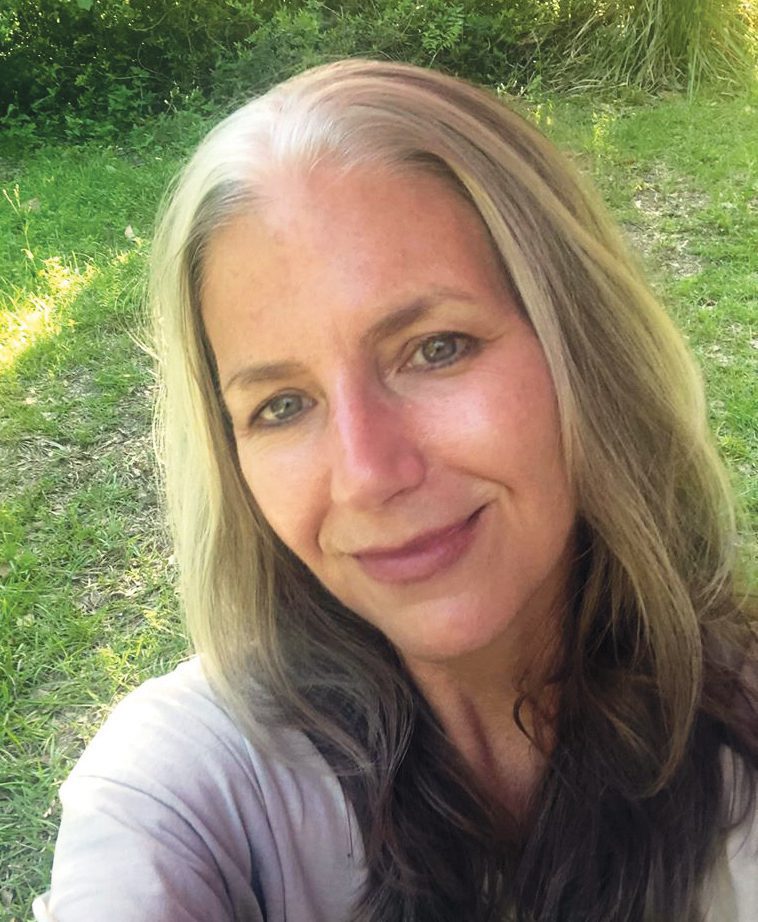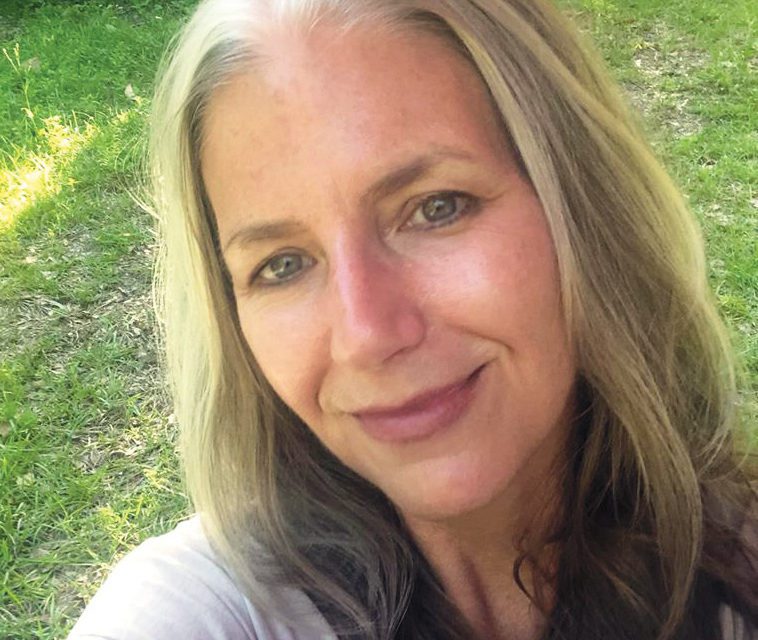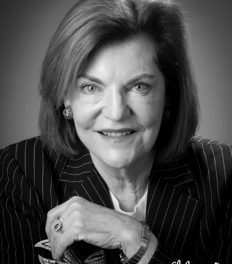 By Margaret Evans, Editor
By Margaret Evans, Editor
It was a breezy October evening, not quite dark, when we arrived at our destination, a wide, welcoming porch looking out on a gold-tipped marsh.
Reader, we were there to socialize. There were only six of us – three couples – but there was no denying the festivity in the air, the merriment in the eyes, the open wine bottles, the heavenly smells wafting from the kitchen. This was a party! It almost felt naughty, like a scandal. We were busting loose, throwing caution to the Lowcountry wind, thumbing our noses at Covid. And it felt good.
Don’t get me wrong, reader. We were careful. There were elbow bumps instead of hugs, and as I said, the porch was expansive. We did our due distancing. But the gentle nip in the air, after months of oppressive heat . . . the presence of treasured friends, after months of social deprivation . . . These simple gifts, so long denied, gave our casual gathering a luster of decadence.
And then there were the guests of honor – my college English professor and his wife, visiting from Sewanee, TN. I hadn’t seen Dr. R since my 30th reunion, in 2017, when I marveled that the man hadn’t changed a bit since 1987. There is something in the brisk mountain air at Sewanee – or maybe it’s just the perpetual immersion in the liberal arts – that preserves its citizens in a state of youthful wellbeing. It’s a shame most of us have to leave that hallowed domain after four years and enter the withering world.
Our hosts were Sewanee folk, too, so we had ready-made conversation, but much to my husband’s relief, we didn’t stick to that script entirely. Sewanee people can converse on a whole range of subjects. It’s part of our charm. In fact, I vividly remember Dr. R telling an auditorium full of new freshmen – and our parents – that a Sewanee education, among other things, would make us the most interesting guests at all the cocktail parties of our future.
(This was 1983. I have a feeling professors can’t say things like that at freshman orientation in 2020. More’s the pity. It was funny, and it calmed our nerves.)
If you’ve never had the chance to hang out with a favorite professor decades after graduation – as a full-fledged adult – let me tell you, it’s a blast! You can broach all the topics. Most of them, anyway. Wine helps.
Dr. R put me immediately at ease, standing from his seat on the porch – that’s what gentlemen do when a lady arrives – and exclaiming, “Hello, Margaret! So good to see you again. I read your essay in the Lowcountry Weekly last night, and you get an A! You always were such a good writer.”
Between you and me, reader, I suspect Dr. R has no recollection of my college scribblings – I certainly don’t recall distinguishing myself back then – but I blushed at his gracious fib, and blossomed like a flower under his praise of my recent column. The mere fact that he referred to it as an “essay” gave me a new lease on life.
We talked about all the news of the day, starting with the dreaded Covid 19 and how it’s affecting college life. Our host reported that Sewanee seems to be doing very well – it’s easier to maintain a protective bubble on an isolated mountaintop – but Dr. R worried about the students, especially the freshmen, who aren’t getting as much in-person time with their professors – or each other – as their happiness and personal growth require.
“That’s the whole point of going away to college,” he said, with all the passion of a true believer who’s made that “point” his life’s work. A true believer, myself, I shared my sorrow that my own daughter is currently missing out on the full experience at Clemson.
We discussed an essay by one of Dr. R’s colleagues – another of my former professors – that’s just been published in the Sewanee Review; it’s a searing piece describing the sexual harassment she suffered at the hands her grad school advisor many decades ago. This conversation led to talk of the MeToo Movement – its necessity, but also its potential casualties.
“I worry that we will lose that special thing between men and women,” I boldly offered. (Thanks, wine). “That ineffable thing we all enjoy. Flirtation… romance… seduction… The man/woman dance.” Dr. R seemed to like that metaphor – “the dance” – and agreed that this would be a great loss. And I thanked my lucky stars – not for the first time – that none of my professors had ever stepped over the line, that my “dance partners” in college were always fellow students.
Undeterred by controversy – this porch felt like a very safe space – we discussed the racial reckoning afoot in our country. (As you might imagine, Sewanee, an institution also known as The University of the South – founded just after the Civil War by former Confederates – has its own reckoning to do, and has been deeply engaged in that work for years now.) We discussed the terrible divisions in our nation, the importance of the upcoming election, our fears that violence might follow. We covered all these touchy subjects – and religion, too! – with perfect comity and nary a ruffled feather, reminding me that such conversation is possible and that social media is a sick distortion of reality.
But mostly, we talked about happy things. Beautiful things. Dr. R’s wife was a theater major, and wanted to hear all about Lowcountry Shakespeare, my husband’s old company. Later, we shared our favorite Broadway musicals. We agreed that Hamilton really is “all that,” and Lin-Manual Miranda a genius. We wondered what would come of the movie industry, post-Covid… which led us to the subject of the Beaufort International Film Festival.
Dr. R raved about an Ann Patchett essay in the latest issue of the New Yorker. I confessed I hadn’t subscribed to the New Yorker in decades but read the occasional piece online. Our host reminded us that Ann Patchett is married to a Sewanee grad, and we wondered about bringing her to Beaufort for a visiting writer’s event. Dr. R asked lots of great questions about the Pat Conroy Literary Center.
The conversation flowed like honey and the hours flew by, and, reader, your faithful correspondent was surfing a wave of bliss. At some point late in the night, Dr. R said to me, “I’m so delighted to see that time hasn’t wizened you.” It was a poetic thing to say – Dr. R is a professor of poetry, after all – and somehow I knew he wasn’t referring to my face. (Well, not just my face, anyway.) The compliment brought tears to my eyes. Because, reader, I have felt wizened lately – so very, very wizened – in these strange, dark days of isolation and unrest. But that night on the porch, among old friends, I knew these days wouldn’t last forever. That this, too, would pass.
Near the end of the party, as we were preparing to leave, Dr. R began quoting poetry. I don’t remember why, exactly, but I do remember the line he quoted, because it’s one I know by heart. “Fern Hill” by Dylan Thomas, is a poem I learned on a golden mountaintop in Tennessee, over 30 years ago, and have never stopped loving to this day.
“Oh as I was young and easy in the mercy of his means,” recited Dr. R, with playful drama, “Time held me green and dying, though I sang in my chains like the sea.”
Reader, may you soon find yourself, young and easy, on a happy porch with friends. We must all keep singing in our chains.
Margaret Evans is the editor of Lowcountry Weekly. Read more of her Rants & Raves here.








